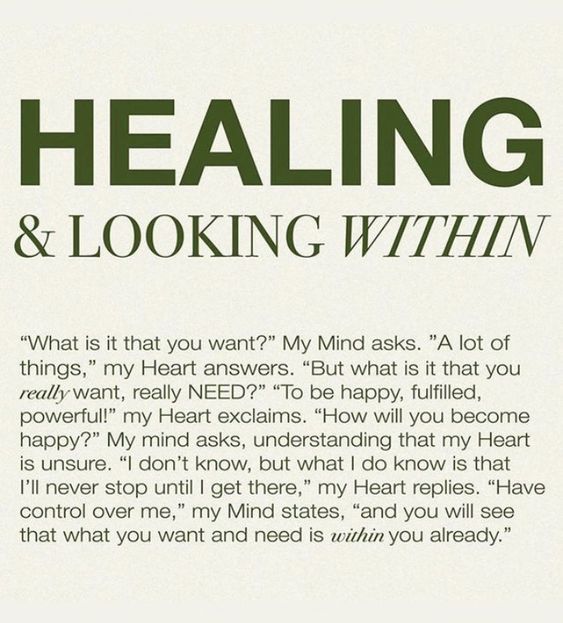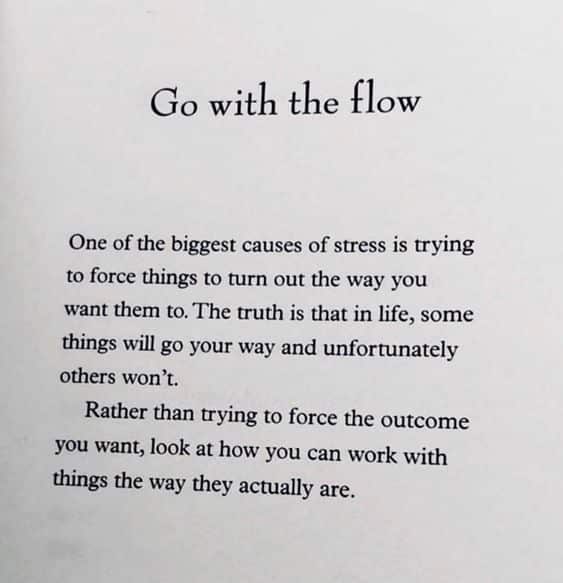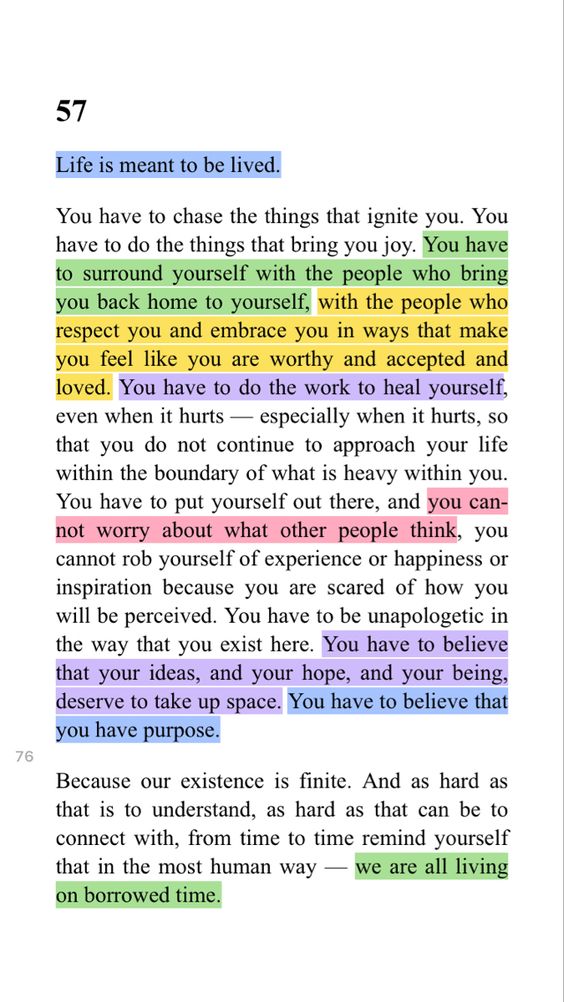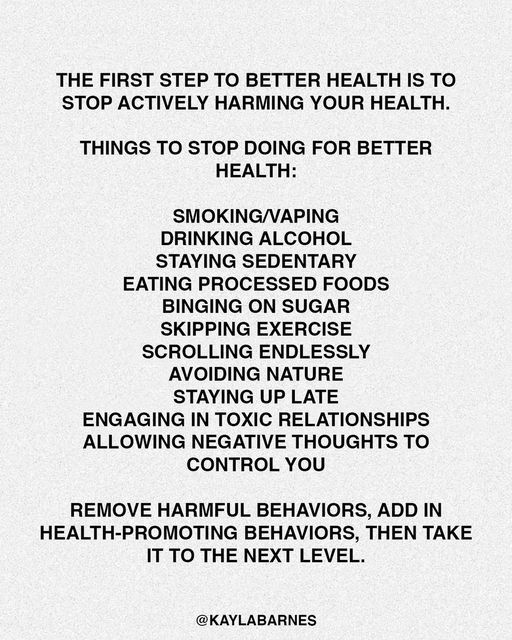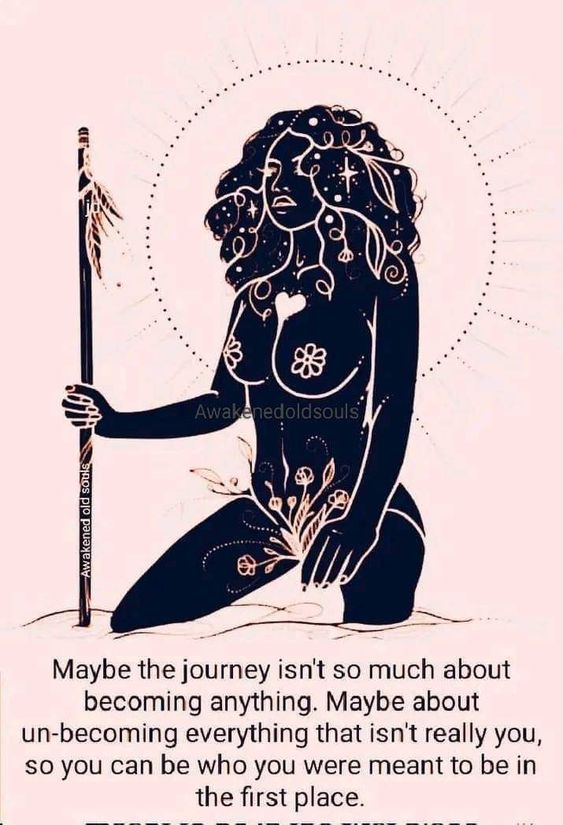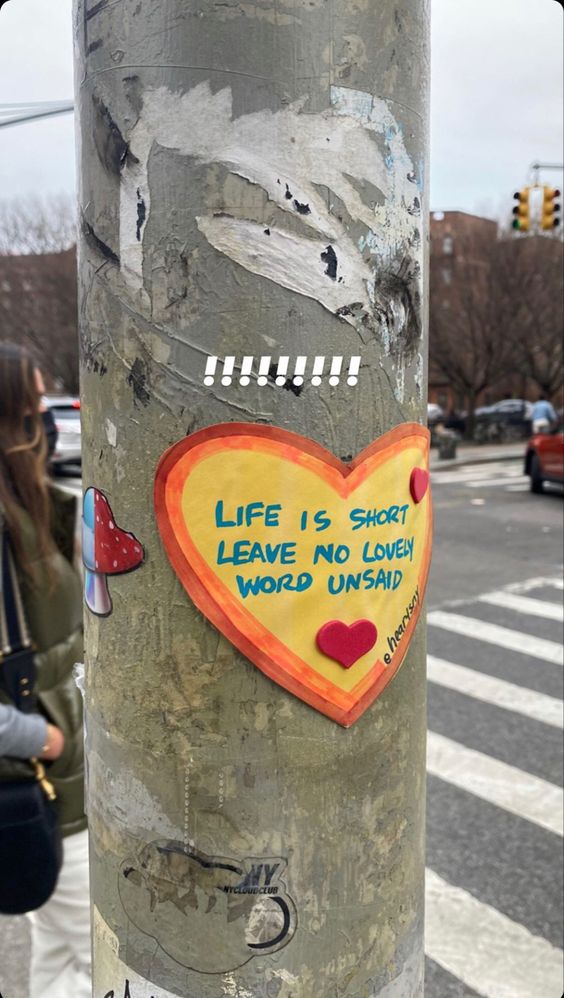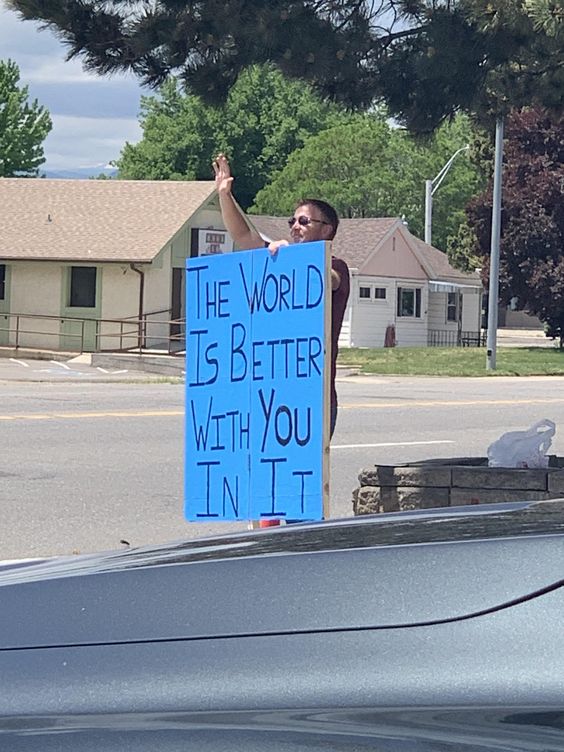Archives
“The friend, the enemy: both are your imagination. When you stop imagination completely, you are alone, absolutely alone. Once you understand that life and all its relationships are imagination, you don’t go against life, but your understanding helps you to make your relationships richer. Now that you know that relationships are imagination, why not put more imagination into them? Why not enjoy them as deeply as possible? When the flower is nothing but your imagination, why not create a beautiful flower? Why settle for an ordinary flower?”
Osho, Everyday Osho (Page 47)
“Trauma constantly confronts us with our fragility and with man’s inhumanity to man but also with our extraordinary resilience. I have been able to do this work for so long because it drew me to explore our sources of joy, creativity, meaning, and connection—all the things that make life worth living. I can’t begin to imagine how I would have coped with what many of my patients have endured, and I see their symptoms as part of their strength—the ways they learned to survive.”
Bessel van der Kolk, The Body Keeps The Score (Page 358) | ★ Featured on this book list.
“I consider reading the greatest bargain in the world. A shelf of books is a shelf of many lives and ideas and imaginations which the reader can enjoy whenever he wishes and as often as he wishes. Instead of experiencing just one life, the book-lover can experience hundreds or even thousands of lives. He can live any kind of adventure in the world. Books are his time machine into the past and also into the future. Books are his “transporter” by which he can beam instantly to any part of the universe and explore what he finds there. Books are an instrument by which he can become any person for a while—a man, a woman, a child, a general, a farmer, a detective, a king, a doctor, anyone. Great books are especially valuable because a great book often contains within its covers the wisdom of a man or woman’s whole lifetime. But the true lover of books enjoys all kinds of books, even some nonsense now and then, because enjoying nonsense from others can teach us to also laugh at ourselves. A person who does not learn to laugh at his own problems and weaknesses and foolishness can never be a truly educated or a truly happy person. Also, probably the same thing could be said of a person who does not enjoy learning and growing all his life.”
Gene Roddenberry
“Work hard. If results depend on effort, then you will carry yourself far. If results depend on effort and luck, then you will have done what you can to influence the outcome. And if results depend on luck alone, then the outcome is random, but you will have won the battle with yourself.”
James Clear
“Most bullies have themselves been bullied, and they despise kids who remind them of their own vulnerability.”
Bessel van der Kolk, The Body Keeps The Score (Page 357)
“In addition to reading, writing, and arithmetic, all kids need to learn self-awareness, self-regulation, and communication as part of their core curriculum. Just as we teach history and geography, we need to teach children how their brains and bodies work. For adults and children alike, being in control of ourselves requires becoming familiar with our inner world and accurately identifying what scares, upsets, or delights us.”
Bessel van der Kolk, The Body Keeps The Score (Page 356) | ★ Featured on this book list.
“It is standard practice in many schools to punish children for tantrums, spacing out, or aggressive outbursts—all of which are often symptoms of traumatic stress. When that happens, the school, instead of offering a safe haven, becomes yet another traumatic trigger. Angry confrontations and punishment can at best temporarily halt unacceptable behaviors, but since the underlying alarm system and stress hormones are not laid to rest, they are certain to erupt again at the next provocation.”
Bessel van der Kolk, The Body Keeps The Score (Page 355) | ★ Featured on this book list.
“More than anything else, being able to feel safe with other people defines mental health; safe connections are fundamental to meaningful and satisfying lives. The critical challenge in a classroom setting is to foster reciprocity: truly hearing and being heard; really seeing and being seen by other people. We try to teach everyone in a school community—office staff, principals, bus drivers, teachers, and cafeteria workers—to recognize and understand the effects of trauma on children and to focus on the importance of fostering safety, predictability, and being known and seen. We make certain that the children are greeted by name every morning and that teachers make face-to-face contact with each and every one of them. Just as in our workshops, group work, and theater programs, we always start the day with check-ins: taking the time to share what’s on everybody’s mind.”
Bessel van der Kolk, The Body Keeps The Score (Page 354) | ★ Featured on this book list.
“People who feel safe and meaningfully connected with others have little reason to squander their lives doing drugs or staring numbly at television; they don’t feel compelled to stuff themselves with carbohydrates or assault their fellow human beings. However, if nothing they do seems to make a difference, they feel trapped and become susceptible to the lure of pills, gang leaders, extremist religions, or violent political movements—anybody and anything that promises relief.”
Bessel van der Kolk, The Body Keeps The Score (Page 353) | ★ Featured on this book list.

